Translation:
Without Qi Lin and Zhao Rui, the weakened Xinjiang team managed to defeat strong interior opponents like Shanxi and Beikong. However, they suffered a crushing 26-point defeat at the hands of a similarly weakened Liaoning team in the 23rd round of the CBA, with a score of 89-115. This was also the largest margin of defeat for Xinjiang this season, indicating that there were indeed problems within the team. So, where exactly did these problems lie?
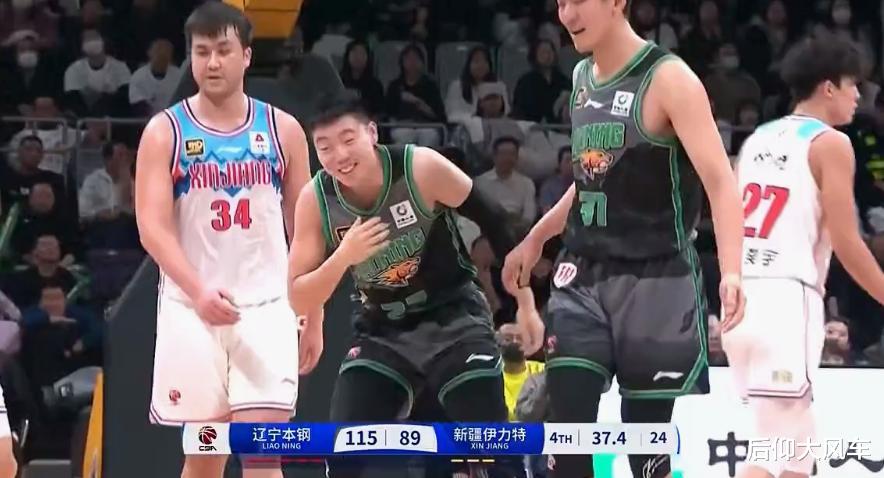
Summarizing this match, Xinjiang encountered three severe issues from inside out:
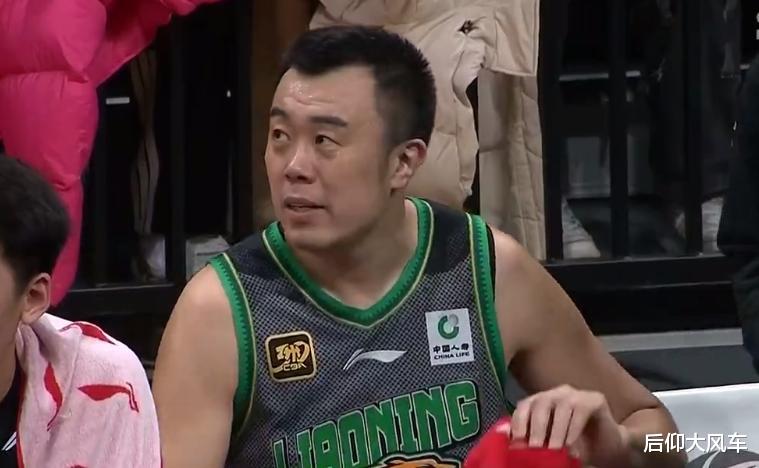
-
Misaligned mentality.
Xinjiang had previously defeated Liaoning 125-105 without Zhao Jiwei, causing Yang Ming to momentarily lose his composure. Their recent victories against Shanxi and Beikong bolstered the team's confidence. With Liaoning also fielding a weakened lineup and only narrowly winning their last game against Guangzhou, Xinjiang harbored thoughts of taking advantage of Liaoning's weakened state to secure another big win. However, as the saying goes, "A rotten ship still has three thousand nails," and Liaoning is far from being a rotten ship. As four-time champions, their foundation is solid. Last season, before Game 4 against Guangdong, Liaoning faced even more significant challenges.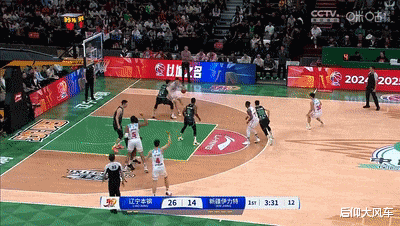
-
Abdulla played too little.
With Li Yanze injured and unable to play for long, and Lawson struggling alone in the paint, Xinjiang should have prioritized the use of their captain, Abudu Salamu. However, Liu Wei did not do so, giving Abudu only 10 minutes of playing time, with just 7 and a half minutes in the first half. During this time, Abudu scored 6 points, grabbed 4 rebounds, and made 2 assists (3 out of 4 shots), stepping up to score when the team struggled to penetrate the interior.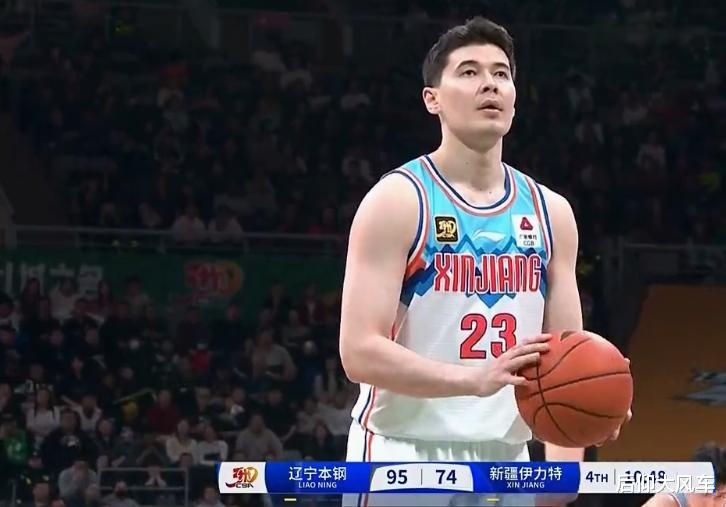
During Abudu's hottest shooting phase in the first half, Liu Wei suddenly benched him after he missed a three-pointer, not giving him a single minute in the third quarter. It was only in the fourth quarter, when they trailed by 18 points in a desperate situation, that Liu Wei remembered to give Abudu playing time to lead the team in scoring. This clearly showed too much reliance on the captain.

In this game, Xinjiang rotated four players in the interior, with Li Yanze and Lawson as fixed starters. The remaining time was shared between Aizimaiti and Abudu. Aizimaiti played 26 minutes and scored 14 points, which seems high, but it took 10 attempts with a 50% hit rate. Even with Liaoning intentionally leaving him open, it shows that Liaoning didn't take him seriously. Facing players like Li Xiaoxu and Han Dejun, who jump higher and are taller than him, Aizimaiti had no good way to respond, causing Xinjiang to lose many rebounds and perform poorly in joint defense.
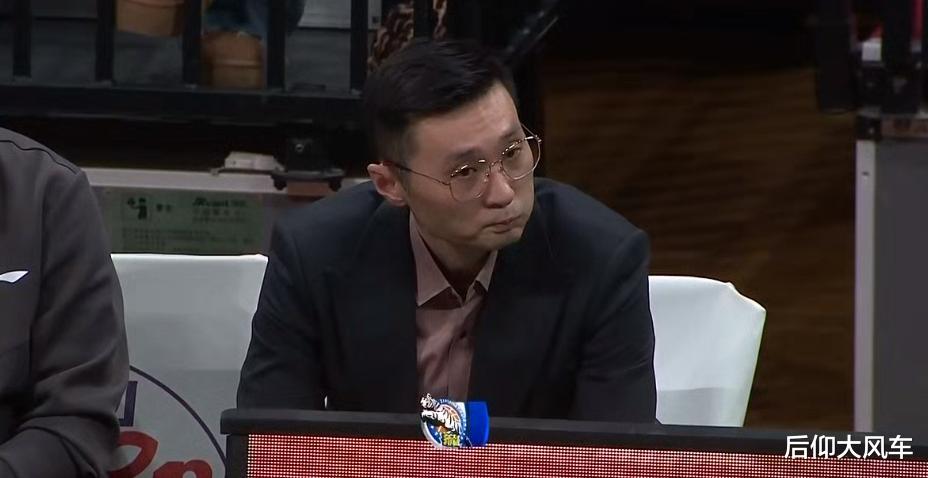
After Liu Wei took over Xinjiang, he made significant changes to the team. As last season's MVP, Abudu saw a significant drop in playing time and statistics this season, possibly due to injuries or a decrease in tactical importance. This is not a good thing, as Abudu is far from experiencing a comprehensive decline in his abilities. Xinjiang is a young team currently in need of players, and Liu Wei should re-evaluate the use of Abudu.

- Foreign players underperforming.
Due to the main foreign player not arriving yet, Liaoning only had two foreign players in this game. Wells scored 50 points, while Ferg, playing through illness, contributed 13 points (4 out of 7 three-pointers). Together, the two foreign players scored 63 points, with 15 successful three-pointers out of 26 attempts, completely dismantling Xinjiang's perimeter defense. On the Xinjiang side, the three foreign players—Peterson, Lawson, and Hagens—combined for only 27 points with 8 successful shots out of 28 attempts. This is half the score of Wells and significantly less efficient than Wang Lanchen, who scored 20+7+4 with 8 successful shots out of 11. It can be said that Liaoning's scoring output created by Wang Lanchen alone is enough to offset the combined scoring output of Xinjiang's three foreign players.
Peterson, who should have taken charge of scoring in Zhao Rui's absence, underperformed again. It seems that during the previous match against Liaoning, when Zhao Rui was urgently subbed off by Liu Wei after two mindless fouls in the final stage of the third quarter, there was a reason. The one causing chaos on the court and hindering the team, leading to Liaoning catching up in points, was Peterson. In that game, it was Zhao Rui, who had accumulated five fouls in the first three quarters, who single-handedly collapsed Liaoning in the fourth quarter.
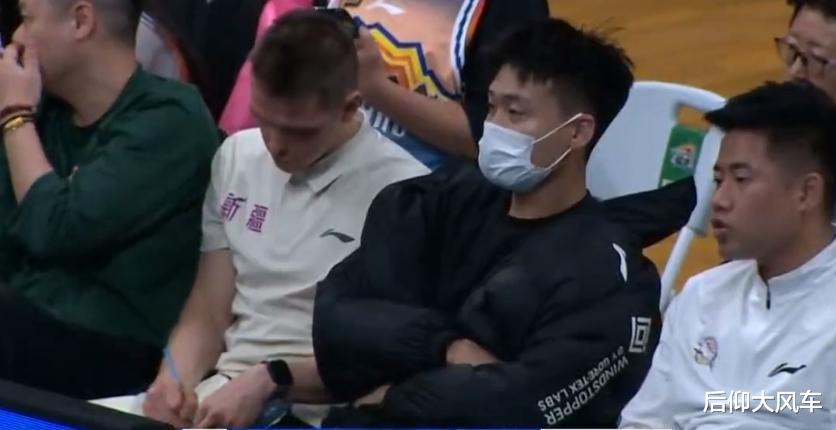
This time, Zhao Rui did not play, and facing Liaoning with only four perimeter players rotating, Peterson, who should have stood up to compete with Wells, underperformed again, delivering a dismal 2 out of 9 shots for 7 points, 2 rebounds, 4 assists, and 4 turnovers, seriously hindering the team. Not only did Peterson play poorly in this game, but his bad temper almost flared up again. After being subbed off by Liu Wei following Liaoning's collapse in the fourth quarter and scoring only 2 points in the entire second half, Peterson directly returned to the locker room.
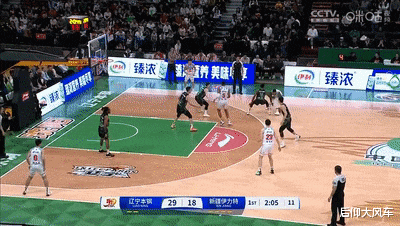
As the foreign player with the strongest scoring potential for Xinjiang at this stage, Peterson is a guard with very obvious strengths and weaknesses. He is not suitable for team basketball. He has a strong shot in desperate situations but is rarely seen in strong team matchups. He needs to be emotionally motivated to have positive output, and if his hand feels off, he becomes a negative influence. It's no wonder Zhao Rui has an issue with him.
